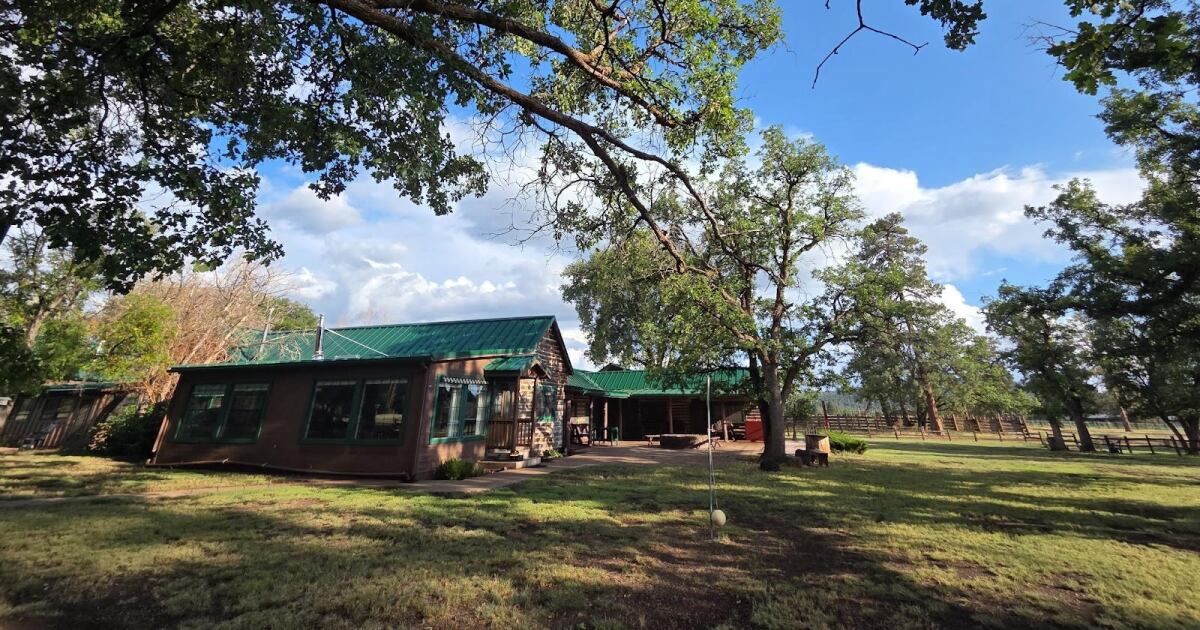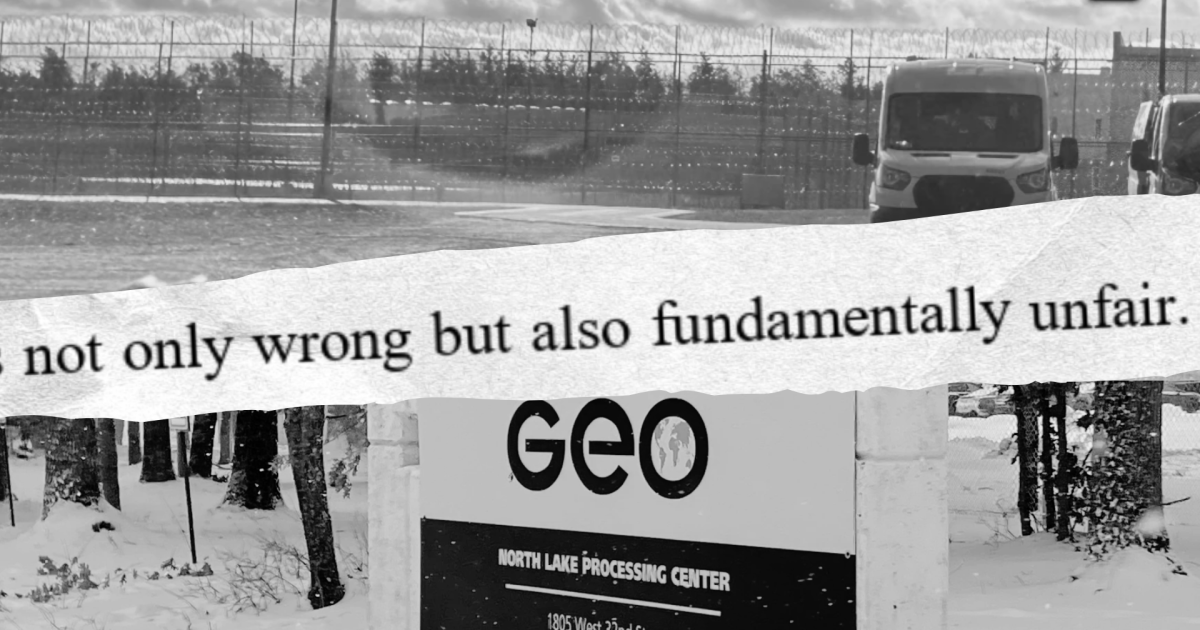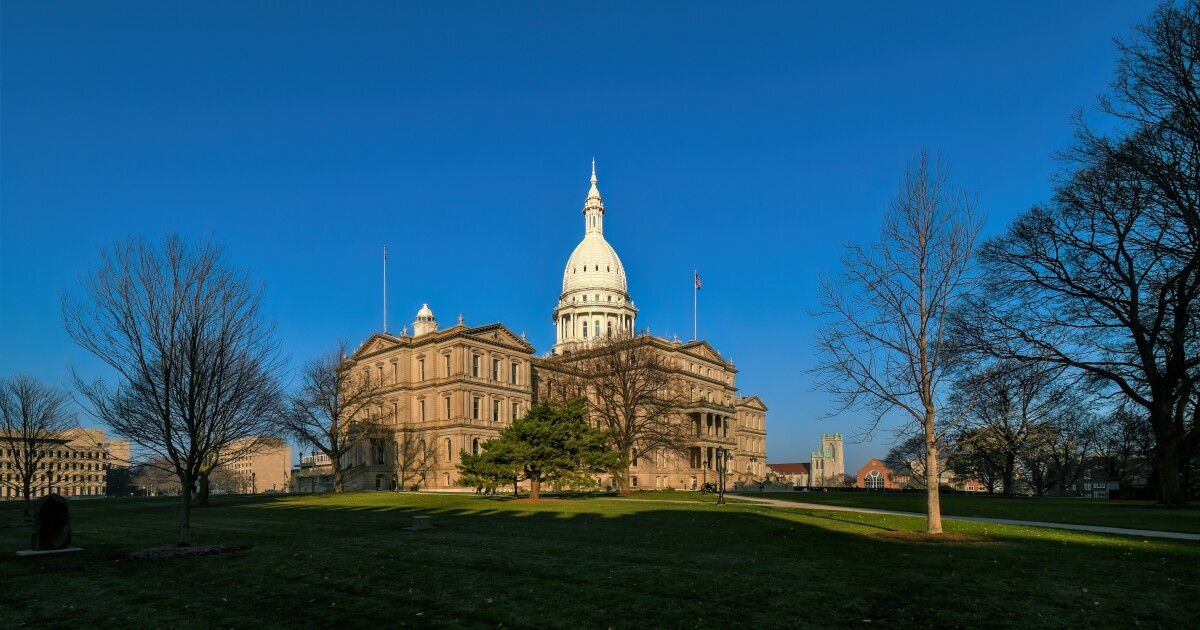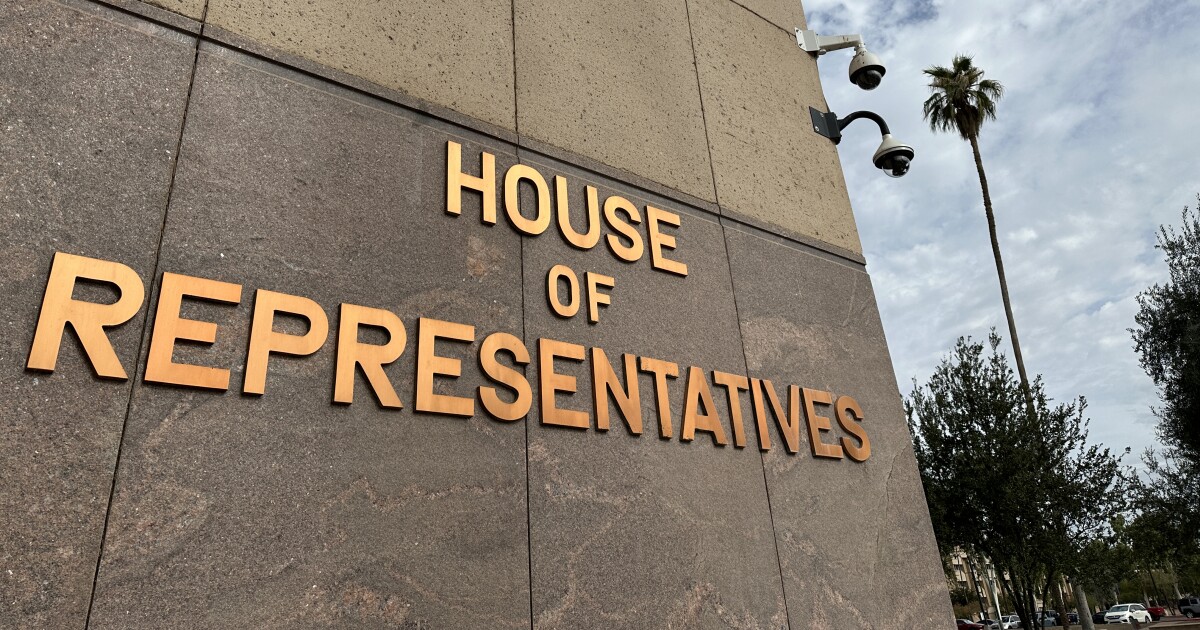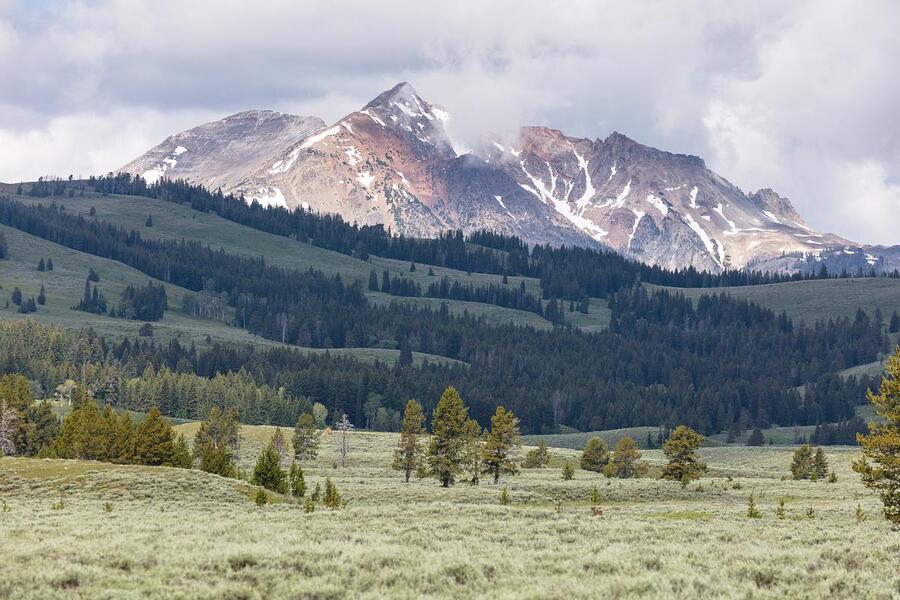The U.S. Fish & Wildlife Service has greenlit a BNSF Railway initiative to finance grizzly bear conservation in northwest Montana. In exchange, BNSF will receive a permit allowing the “take” of 19 protected bears over seven years. This plan follows a decade-long period where 60 bears died along Montana’s railway tracks.
The Habitat Conservation Plan, years in the making, involves collaboration between BNSF, Montana Fish, Wildlife & Parks (FWP), and Montana’s Outdoor Legacy Foundation. BNSF, the largest freight railroad in the U.S., will invest $2.9 million to hire seasonal FWP grizzly bear technicians, install monitoring equipment like radio collars and remote cameras, and clean up waste such as spilled grain that attracts bears.
FWP Director Christy Clark stated, “This plan represents a significant partnership and step forward in our continued efforts to bolster grizzly bear recovery and conservation in northwest and north-central Montana.” BNSF’s funding will support public safety and benefit grizzly bears.
The conservation funding will mainly aid the Northern Continental Divide Ecosystem, covering the Blackfeet Indian Reservation, Glacier National Park, and Flathead and Kootenai national forests. BNSF trains, running since 1892, traverse one of the nation’s busiest rail lines. For decades, initiatives like the Great Northern Environmental Stewardship Area have aimed to reduce bear fatalities.
In recent times, BNSF requested incidental “take” permits in 2004, 2020, and 2023, seeking legal cover for train-caused bear fatalities in exchange for conservation funds. The new permit authorizes the railroad to “take” up to 19 bears, including nine females, over a seven-year span along the 206-mile track between Shelby and Brimstone.
In addition to funding conflict response and reduction, BNSF commits to community education on living safely in bear territory. “BNSF is grateful for the insight provided by stakeholders in this process,” said John Lovenburg, BNSF vice president of environment and sustainability.
Conservation groups, including those who sued in 2023 over bear deaths, showed “cautious optimism” at the plan’s release. Western Watersheds Project’s Erik Molvar highlighted the proximity of BNSF Railway to prime grizzly habitat. However, there is disappointment over the lack of train speed reductions in the conservation plan. Trains operate between 25 and 79 mph in the area, but speed reductions were dismissed due to insufficient evidence linking speed to bear deaths and concerns over fuel efficiency.
—
Read More Montana News




